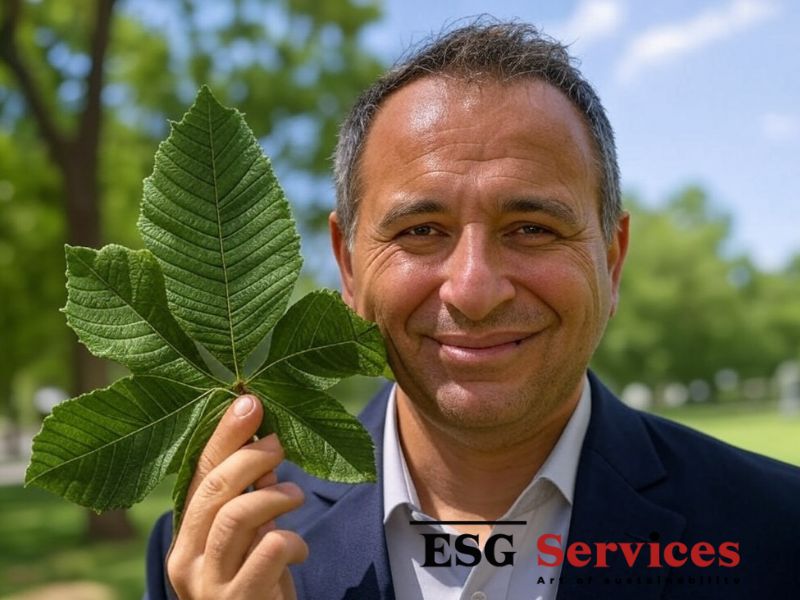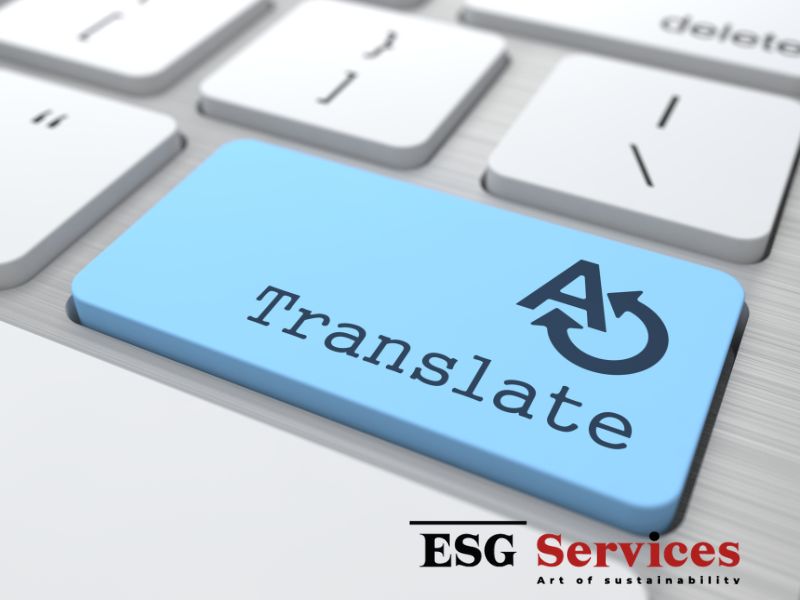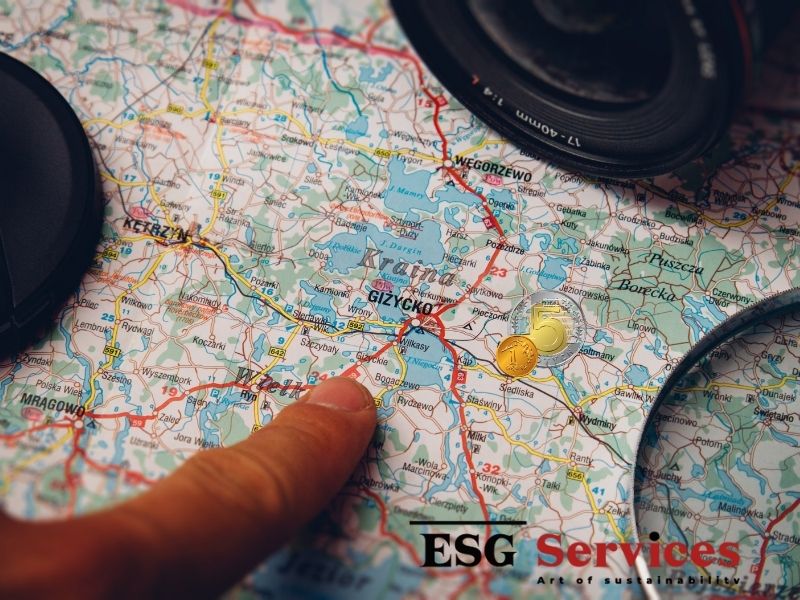In an era where sustainable development is gaining prominence in both business and society, ESG (Environmental, Social, Governance) has become a critical component of corporate strategy, including for small and medium-sized enterprises (SMEs). A study conducted by GS1 Poland in collaboration with the Social Economy Support Center (OWES) reveals that Polish SMEs still exhibit a low level of awareness regarding ESG requirements, which could impact their ability to collaborate with larger companies.
The study indicates that 62% of SMEs are unfamiliar with current ESG regulations, and 49% are unaware of their obligations under the CSRD (Corporate Sustainability Reporting Directive). Starting in 2024, the CSRD will require companies to report on their sustainability efforts, such as carbon emissions and circular economy initiatives. Furthermore, 80.7% of SMEs are unaware of digital product passports (DPP), which will become mandatory for products like batteries and textiles by 2026. These passports aim to enhance transparency and provide accessible information about products in a circular economy framework.
SMEs account for 99% of all companies in Poland and contribute approximately 45% of the country's GDP. As key suppliers to large corporations, SMEs must acquire the knowledge and resources needed to meet ESG requirements, enabling their business partners to fulfill reporting obligations. Without the active participation of SMEs in the green transition, large companies may face challenges in implementing their sustainability plans.
The GS1 Poland study highlights significant challenges: 87.4% of surveyed SMEs do not calculate their carbon footprint, and 91.2% are unaware of the scope of such measurements. These gaps pose serious obstacles under regulations like the CSRD. Moreover, 88.1% of SMEs have never attended ESG-related training, and only 36.2% express willingness to invest in assistance for implementing these standards.
Despite these hurdles, 63.6% of SMEs recognize the need to deepen their understanding of ESG. Many are interested in support for grant applications, training, and legal and expert advice. However, financial constraints limit most companies to budgets of up to 1,000 PLN for ESG-related initiatives, and 62% seek funding to develop their ESG competencies.
Large companies must actively support smaller business partners by providing knowledge and tools to facilitate ESG implementation. This approach will soon transition from a "nice-to-have" to a necessity. With the introduction of the Corporate Due Diligence Directive (CSDDD), EU-based companies with over 1,000 employees and global turnover exceeding €450 million, as well as non-EU companies with similar turnover in the EU market, will be required to mitigate their environmental and human rights impacts, including within their supply chains.
The study underscores a significant knowledge and preparedness gap among SMEs regarding ESG implementation. This low level of awareness about new regulations and standards poses challenges for both SMEs and their larger contractors, who will also feel the effects of their smaller partners’ lack of readiness. As regulatory demands and market expectations increasingly emphasize sustainability, SMEs must invest in acquiring the knowledge and tools needed to align with ESG requirements.
The full report is available here: GS1 Poland Report.









